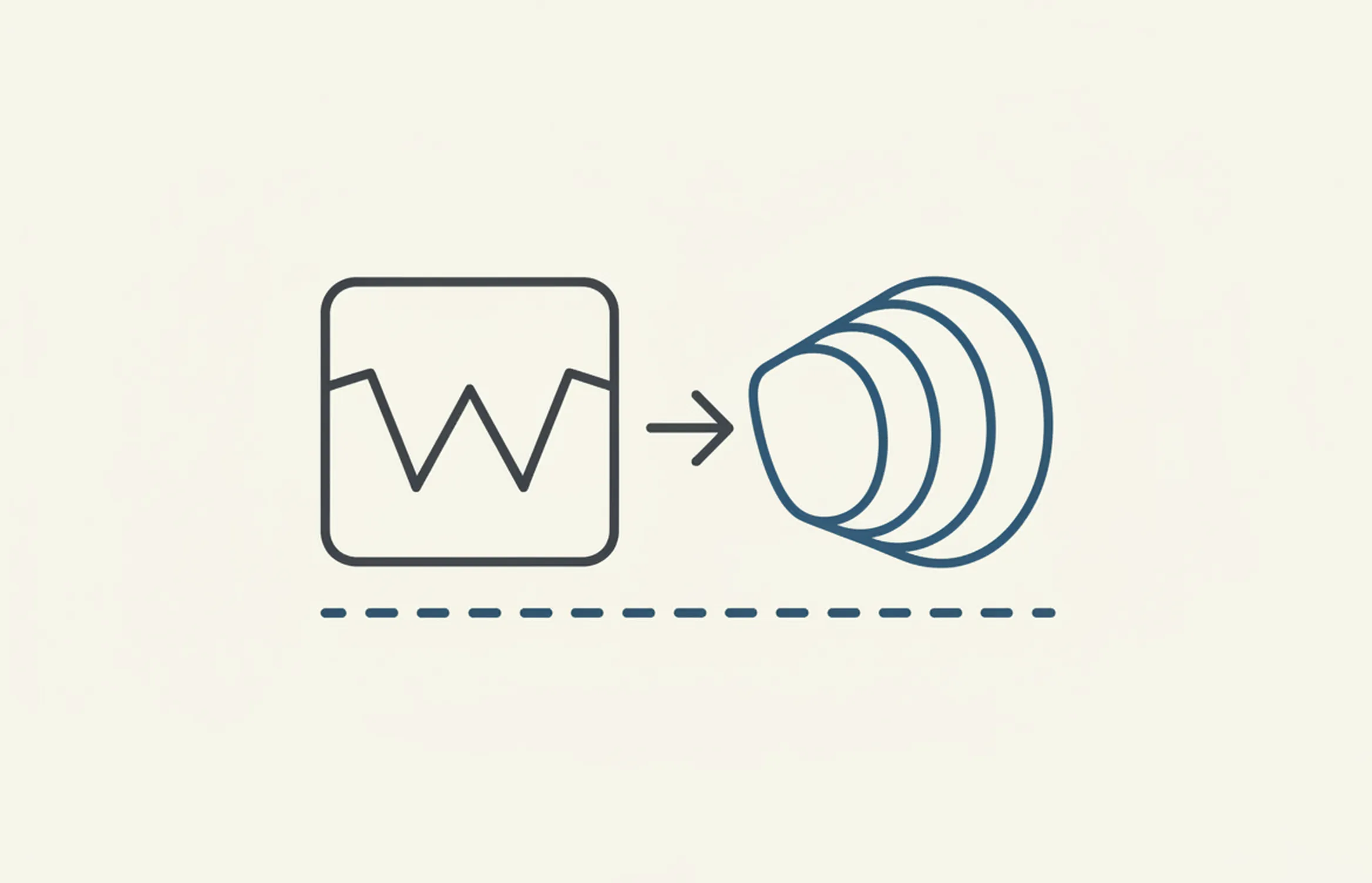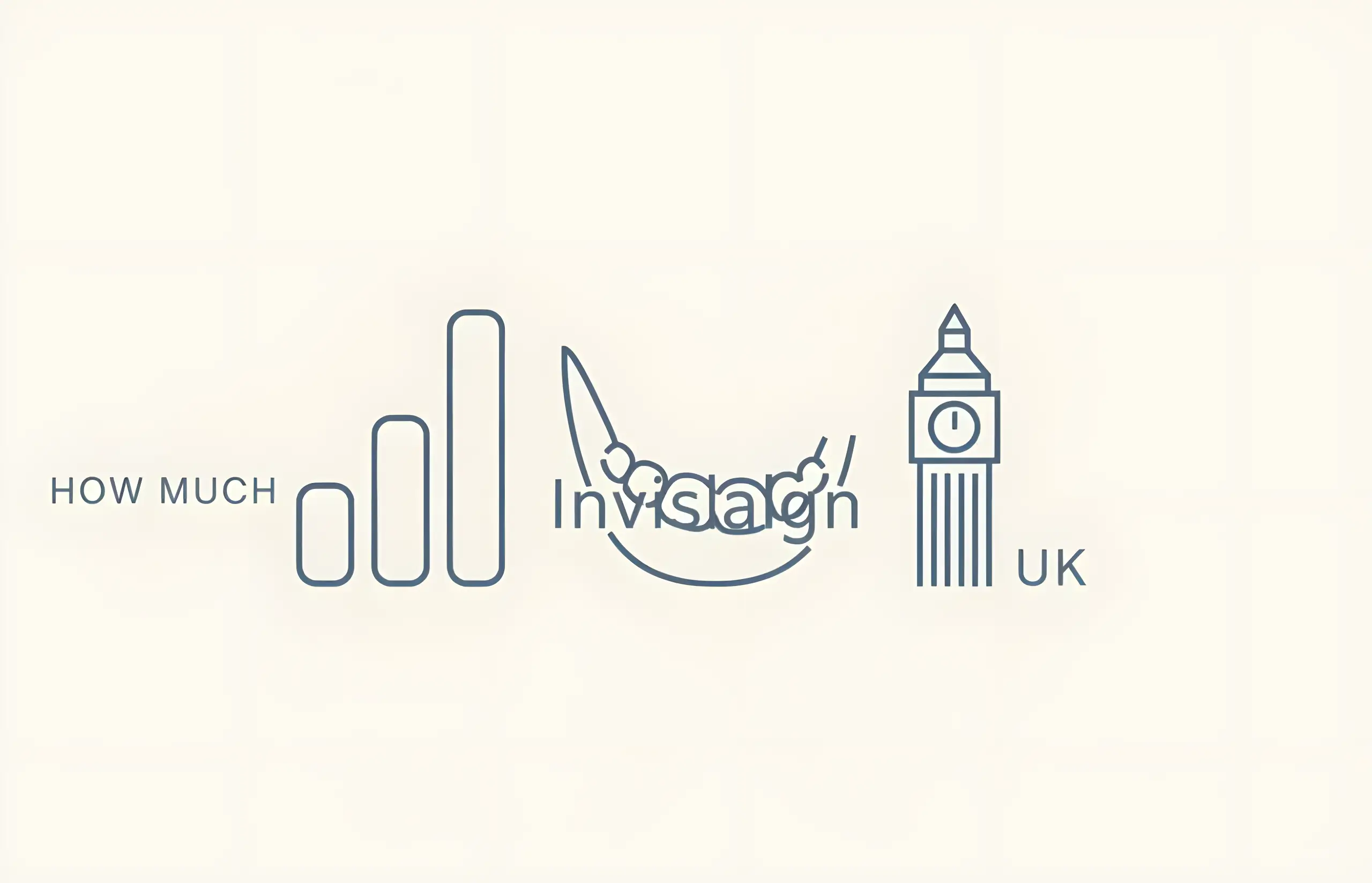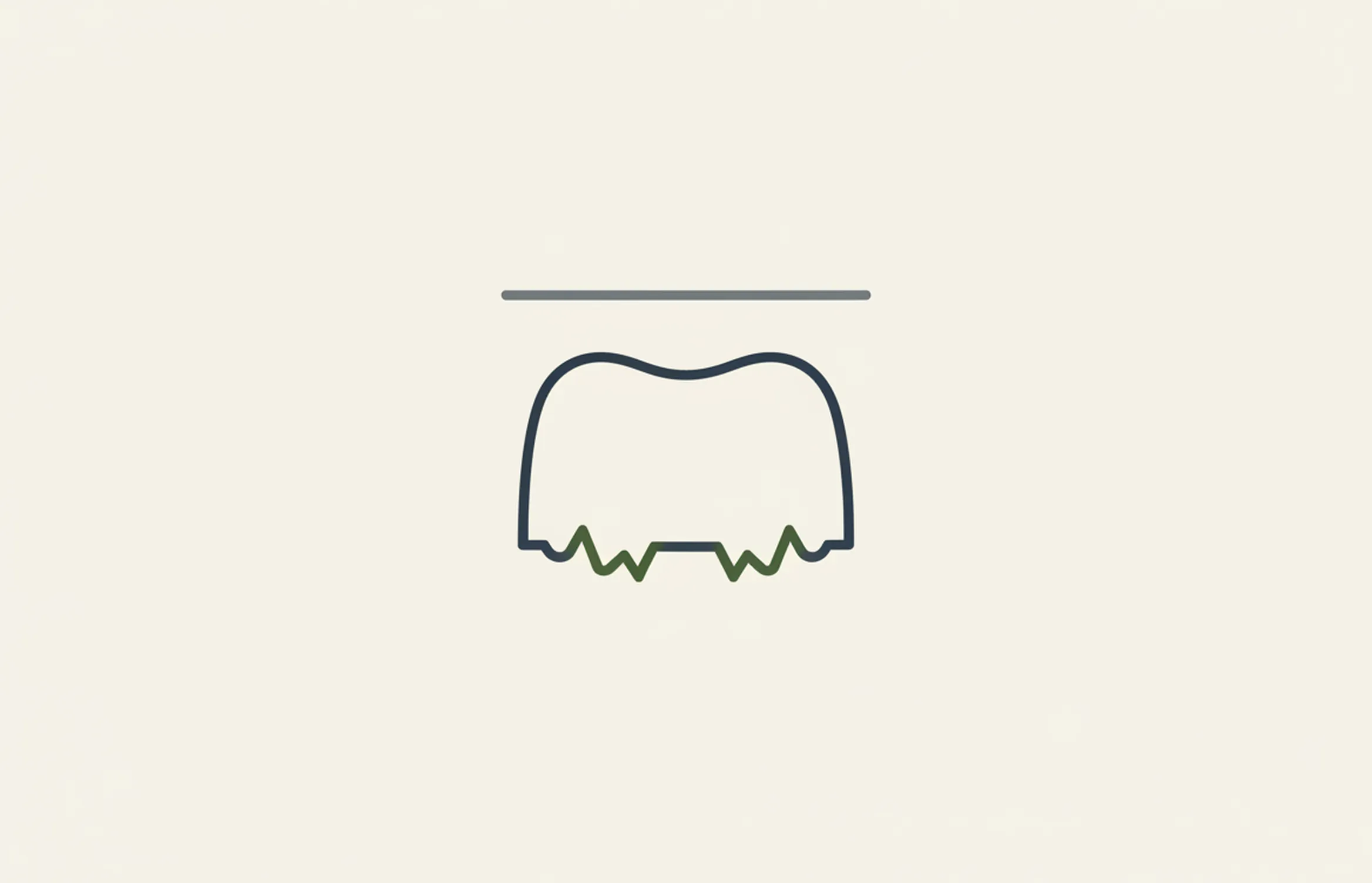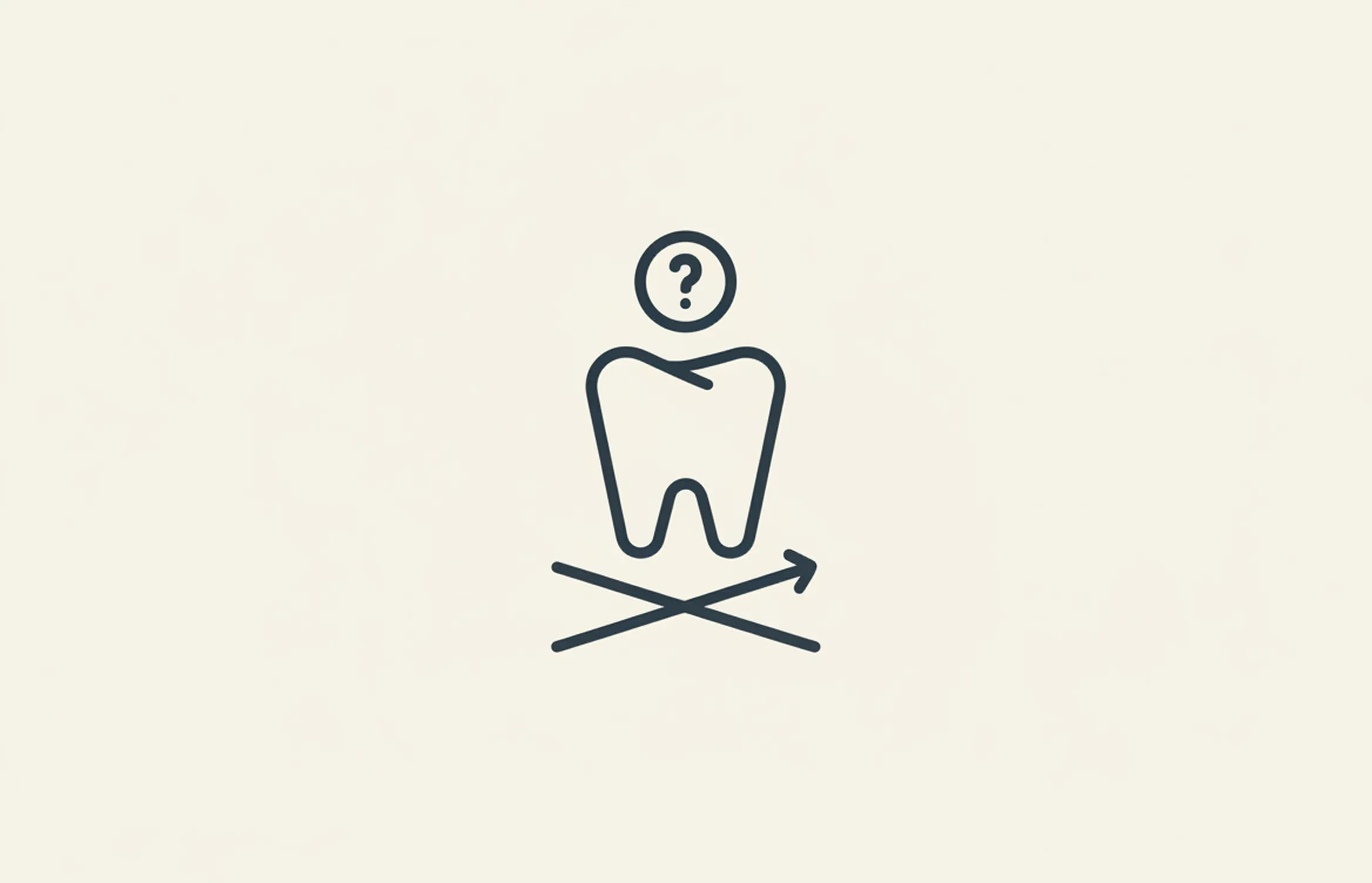Invisalign is a popular teeth-straightening system which uses clear plastic aligners to gently move teeth into a new position. It's an appealing alternative to traditional braces as the aligners are very discreet and inconspicuous and can be removed when eating or drinking – allowing patients to keep on top of their oral hygiene.
Unfortunately, Invisalign aligners are significantly more expensive than metal braces, so people often ask if they are available on the NHS – read on to find out.
Getting Braces through the NHS
UK citizens are rightly proud of their National Health Service, which provides excellent quality healthcare free at the point of delivery. However, NHS funding for dentistry is rather complicated, particularly when it comes to orthodontics (the prevention and correction of misaligned bite patterns, and malpositioned teeth and jaws).
It is possible to have orthodontic treatment carried out by the NHS, but this is focussed on improving the dental health of patients – not for purely aesthetic purposes. So treatment is only available to patients under the age of 18 who meet some fairly strict criteria.
A patient's eligibility for NHS treatment will be decided by an orthodontist using the Index of Orthodontic Treatment Need (IOTN). The IOTN is used to score the patient on their dental health and need for orthodontics, with each patient being assigned a grade between 1 and 5.
A score of 4 or 5 indicates that there are severe dental health problems and significant irregularity of teeth, meaning the patient is eligible for NHS treatment.
If the patient is graded 3, then an orthodontist will assess the appearance of the teeth to determine if the aesthetic problems are significant enough to permit treatment through the NHS.
A score of 1 means the patient's teeth are almost perfect, while a grade of 2 implies only slightly irregular or protruding teeth – patients who achieve these scores are not eligible for NHS care.
NHS and Invisalign
The NHS does not typically provide funding for the orthodontic treatment of adults, with only severe cases being approved. And even if an orthodontist accepts that you do deserve orthodontic care through the NHS, funding will not be provided for Invisalign or other similar teeth-straightening procedures. Only traditional metal braces will be approved for treatment, as these are a far more cost-effective alternative and still an excellent method of straightening teeth.
Because both Invisalign aligners and metal braces will produce the same fantastic results in the end, the taxpayer-funded NHS is obligated to choose the less expensive option.
Ultimately, this means that the only choice for those wishing to use Invisalign to fix their smile is to seek treatment through a private dental practice. Be sure to shop around though, as prices can vary widely between clinics and some dentists offer monthly payment plans.
Sources and References
-
[1]
Clinical effectiveness of Invisalign orthodontic treatment: a systematic reviewProgress in Orthodonticshttps://pmc.ncbi.nlm.nih.gov/articles/PMC6160377/
-
[2]
A comparison of treatment effectiveness between clear aligner and fixed appliance therapiesBMC Oral Healthhttps://pmc.ncbi.nlm.nih.gov/articles/PMC6343314/
-
[3]
Efficacy of clear aligners in controlling orthodontic tooth movement: A systematic reviewThe Angle Orthodontisthttps://pmc.ncbi.nlm.nih.gov/articles/PMC8610387/
-
[4]
A Comparative Study on the Efficiency of Clear Aligners Versus Conventional Braces in Adult Orthodontic PatientsJournal of Pharmacy and Bioallied Scienceshttps://pubmed.ncbi.nlm.nih.gov/39926892/
All sources accessed and verified on . Medical information reviewed for accuracy and compliance with current guidelines.
Related Articles

Can I Put Whitening Gel In My Invisalign Trays?
Comprehensive guide to using whitening gel with Invisalign aligners, including safety considerations, effectiveness, and alternative whitening options

Drinking Alcohol With Invisalign
What You Need To Know About Aligner Staining (ΔE* 27.81 After 7 Days Coffee, 45.5% Full Compliance)

Inman Aligner vs Invisalign
Compare Inman Aligners and Invisalign orthodontic treatments including effectiveness, treatment duration, cost, and which option is best for your needs

Can You Use Hydrogen Peroxide To Clean Invisalign Aligners?
Understanding the safe use of hydrogen peroxide for cleaning clear aligners, alternative cleaning methods, proper dilution ratios, and best practices for maintaining Invisalign hygiene

How Much Does Invisalign Cost in the UK?
Comprehensive guide to Invisalign invisible braces including costs, treatment process, eligibility, and what conditions can be treated

Can Invisalign Cause Gum Damage?
Comprehensive guide to Invisalign and gum health, including gingival recession risks, periodontal benefits, and how clear aligners compare to traditional braces

How Much Does Invisalign i7 Cost?
Comprehensive guide to Invisalign i7 clear aligner system for minor crowding and spacing issues, including treatment process, benefits, and costs (£1500 for full treatment)
About The Dental Guide
The Dental Guide is a trusted online resource providing evidence-based information about dental health, treatments, and procedures. Our content is created and reviewed by qualified dental professionals to help you make informed decisions about your oral health.
Our Mission
- Evidence-based dental information
- Expert-reviewed content
- Clear, accessible explanations
- Latest treatment options
- Patient-focused guidance
Editorial Standards
- GDC-registered dental professionals
- Peer-reviewed sources
- Regular content updates
- Medical accuracy verification
- Transparent authorship
Important Notice
The information on The Dental Guide is for educational purposes only and should not replace professional dental advice. Always consult with a qualified dentist for diagnosis and treatment recommendations tailored to your individual needs and circumstances.
Medically Reviewed
Reviewed by Dr. Nasim Mechoui , BDS (Bristol)
Share this article
Comments & Discussion
Have questions about dental implants? Share your thoughts or experiences.
